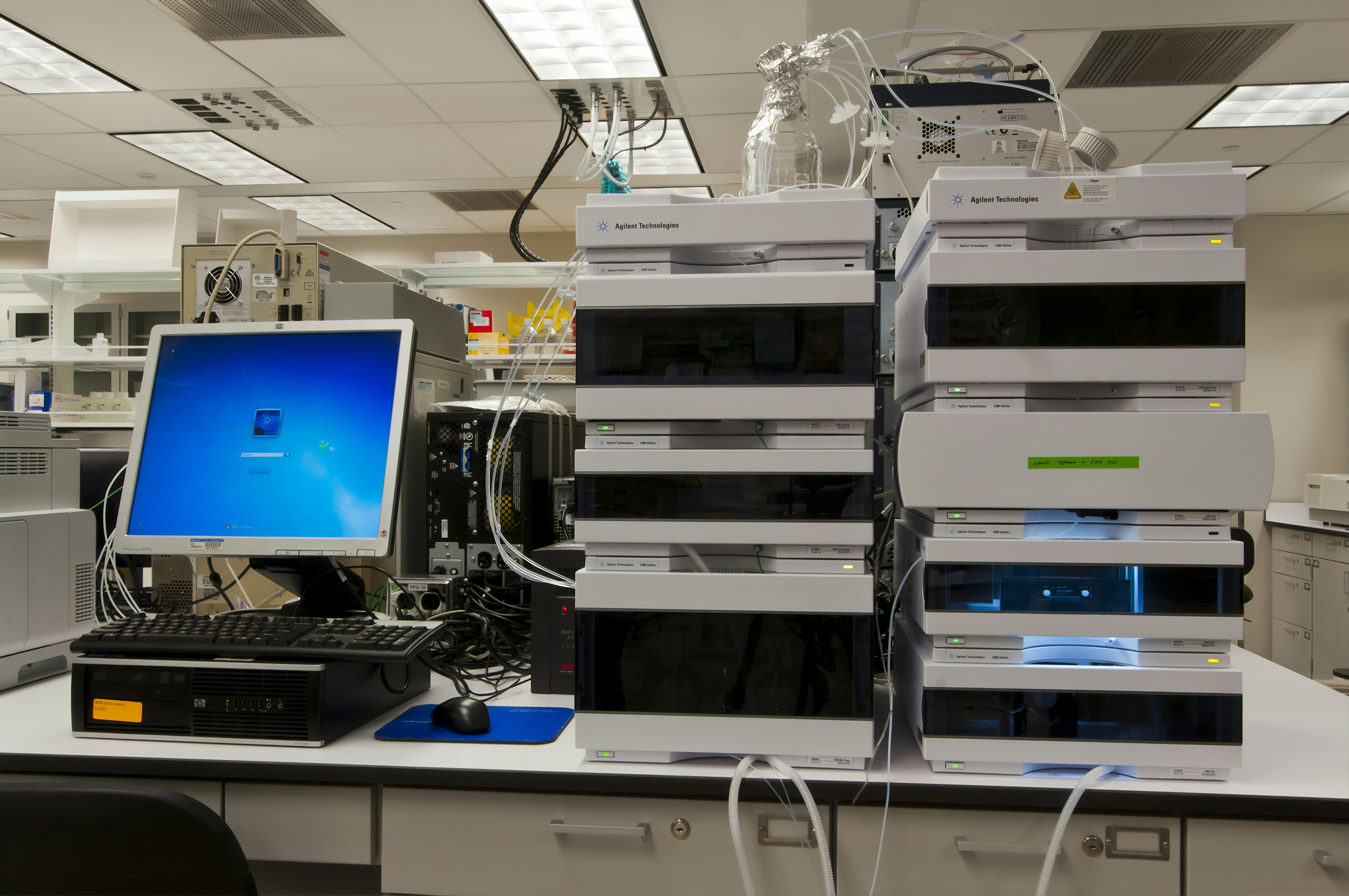
The Hebrew University of Jerusalem
Iran Strike Support High Among Jews, Arabs Divided
A new public opinion survey conducted in mid-June captures Israeli views on the ongoing military campaign against Iran. The research was carried out by Dr. Gayil Talshir and postdoctoral researcher Dr. Nimrod Nir from the Department of Psychology at the Hebrew University of Jerusalem.
A new survey conducted by researchers from the Hebrew University and Tel Aviv University reveals broad public support among Israeli Jews for the ongoing military campaign against Iran, with 83% backing the strike and a majority expressing confidence in Israel’s security institutions, emotional resilience, and preparedness for prolonged conflict. In contrast, Arab Israelis overwhelmingly oppose the campaign (only 12% support it), favor diplomacy over military action (73%), and report significantly higher levels of fear and despair. The study highlights a deep divide between the two communities not only in terms of policy preferences and emotional response, but also in perceptions of national unity, trust in institutions, and willingness to continue the campaign without U.S. backing. While Jewish Israelis largely see the Iran strike as unifying and justified even at high cost, Arab Israelis view it as divisive, dangerous, and diplomatically unjustified — underscoring a profound gap in public sentiment across Israeli society.
Online Link: https://acesse.one/juHeD
Key Findings: Strong Support, Conditional Backing, and Emotional Complexity
The survey indicates strong support for the Iran campaign among Israeli Jews, even in scenarios without U.S. backing — whereas among Arab Israelis, the sentiment is largely the opposite.
• 83% of Jewish Israelis support the attack on Israel, compared to only 12% among Arab Israelis.
• Among Jewish Israelis 46% of support striking Iran’s nuclear facilities even without American backing; 34% support military action only with U.S. cooperation and 16% prefer a diplomatic route.
• Among Arab Israelis 11% of support striking Iran’s nuclear facilities even without American backing; 6% support military action only with U.S. cooperation and 73% prefer a diplomatic route.
Emotional reactions among the public are varied and there are significant differences between the feelings of Jewish and Arab Israelis. Whereas amongst Jewish Israelis, positive sentiments such as hope and pride are more dominant than sentiments such as fear and despair, the opposite is true for Arab citizens.
• Among Jewish Israelis 35% said they felt fear, 28% pride and 23.5% hope and 13.5% despair.
• Among Arab Israelis 69% said they felt fear, 2% pride and 3.5% hope and 25% despair.
Notably, public sentiment reflects a growing sense of national unity among Jewish Israelis.
• Jewish Israelis – 57% thought the campaign against Iran will make society more united, 36% thought it will have no effect and 7% thought it will make society more divided.
• Arab Israelis – 23% thought the campaign against Iran will make society more united, 21% thought it will have no effect and 56% thought it will make society more divided.
Trust in Security Agencies Remains High, but Government Lags Behind
While trust in security forces remains robust, the survey reveals stark contrasts in public confidence across institutions:
• The Israeli Air Force and Mossad rank highest in public trust.
• The government and security cabinet receive the lowest confidence ratings.
• Among individual figures, the Mossad Director, Air Force Commander, and IDF Chief of Staff are most trusted.
• Government receives a moderately low trust score.
Divergence on Strategic Goals and U.S. Involvement
The public remains divided over the ultimate objectives of the campaign – and again we see large differences in opinion between Jewish and Arab Israelis.
• Jewish Israelis – 56% favor a full military dismantling of Iran’s capabilities, while 44% support a diplomatic resolution. While only 24% believe Israel can eliminate the Iranian nuclear threat without U.S. support. 32% respondents say Israel should comply with U.S. requests to halt the campaign if asked, 35% say the US demand should be refuse and Israeli should continue attacking and 33% are uncertain.
• Arab Israelis – only 14% favor a full military dismantling of Iran’s capabilities, while a large majority (86%) support a diplomatic resolution. 78% respondents say Israel should comply with U.S. requests to halt the campaign if asked, 5% say the US demand should be refuse and Israeli should continue attacking and 17% are uncertain.
Hostage Deal and Gaza Campaign
Support of a deal that will end the war in Gaza for the return of the hostages increased following the Iran campaign (from 68% pre campaign to 76% following the campaign).
• Jewish Israelis – 71% support a hostage deal that would bring the Gaza campaign to an end, a marked increase in support since the Iran campaign began. 30% favor rejecting the hostage release and continuing the military campaign even at the cost of risking the lives of the remaining hostages.
• Arab Israelis – 99% support a hostage deal that would bring the Gaza campaign to an end, a marked increase in support since the Iran campaign began. 1% favor rejecting the hostage release and continuing the military campaign even at the cost of risking the lives of the remaining hostages.
Preparedness and Risk Tolerance
• Jewish Israelis – Around 68% believe the Israeli home front is moderately or highly prepared for a prolonged conflict and 32% consider the country not well-prepared.
• Arab Israelis – Only 25% believe the Israeli home front is moderately or highly prepared for a prolonged conflict and 75% consider the country not well-prepared.
Methodology
• Sample size: 1,057 Israeli citizens aged 17–86
• Sampling design: the full data is weighted to reflect demographic and political diversity of Israeli society, including gender, age, religion, region, voting behavior (25th Knesset), religiosity, and Jewish ethnic origin
• Data collection: June 15–16, 2025 (two waves)
• Margin of error: ±4.2% at a 99% confidence level
• Panel source: Majority of respondents are part of Agam Institute’s panel, enabling cross-analysis with prior data on media use, political attitudes, and more.
#//


